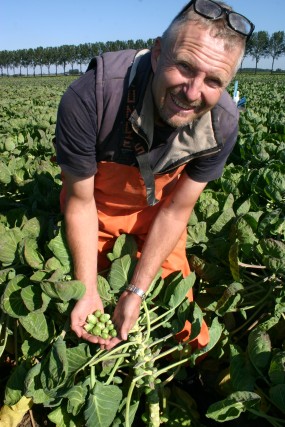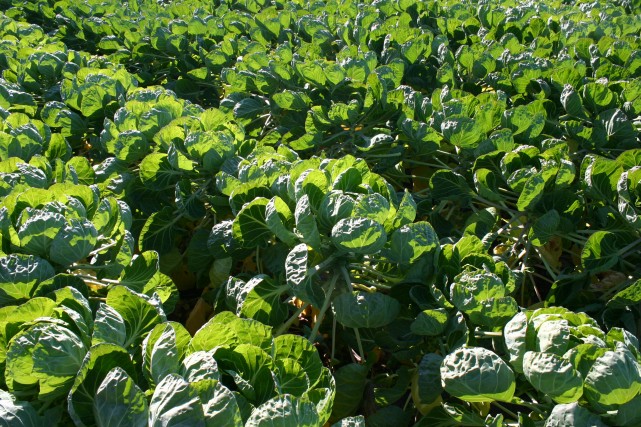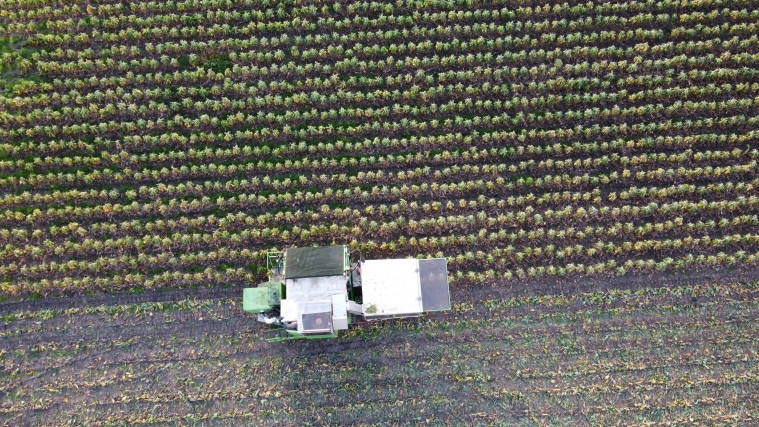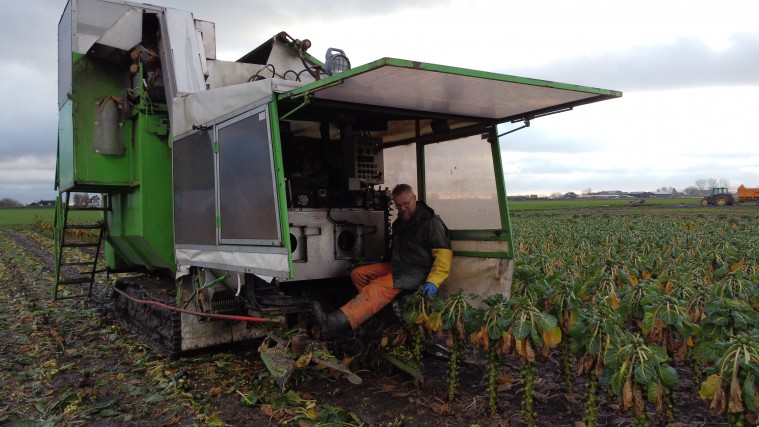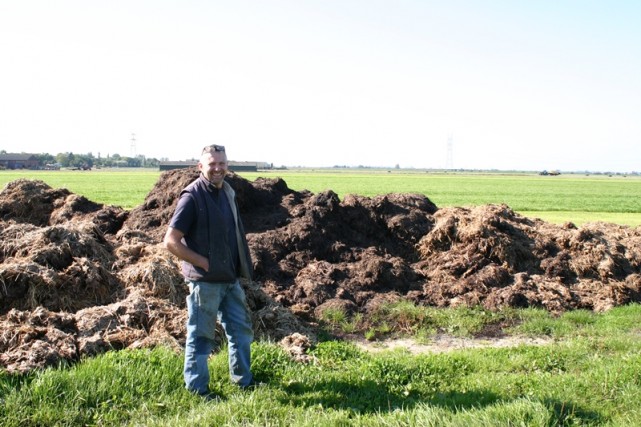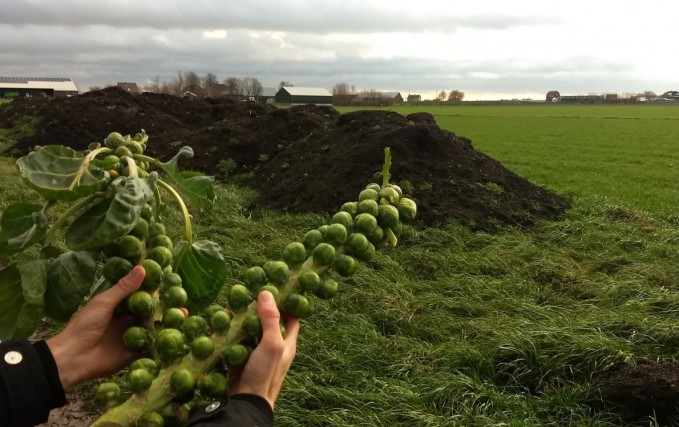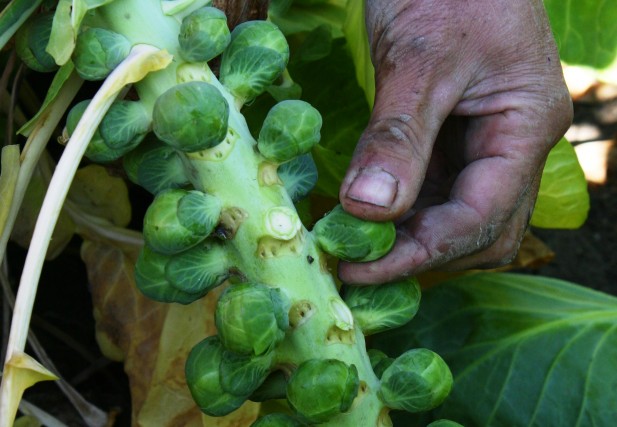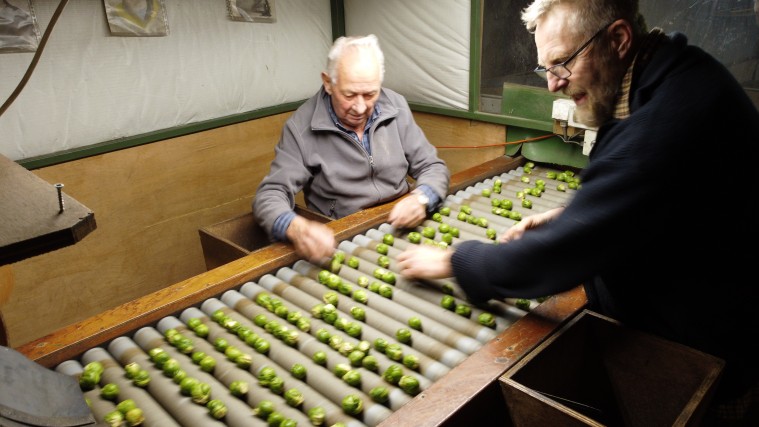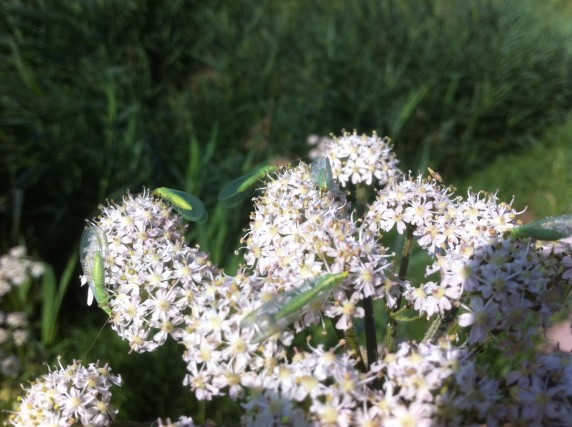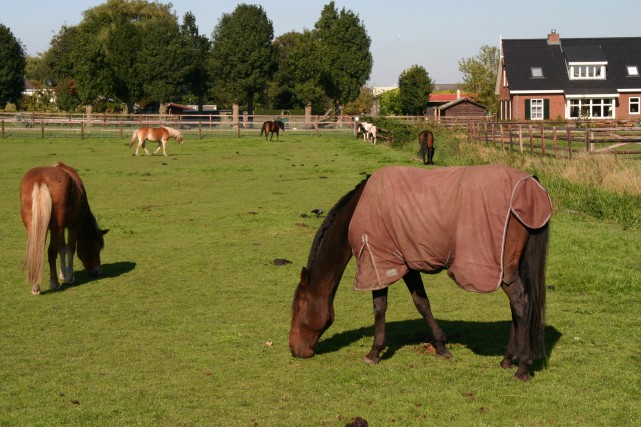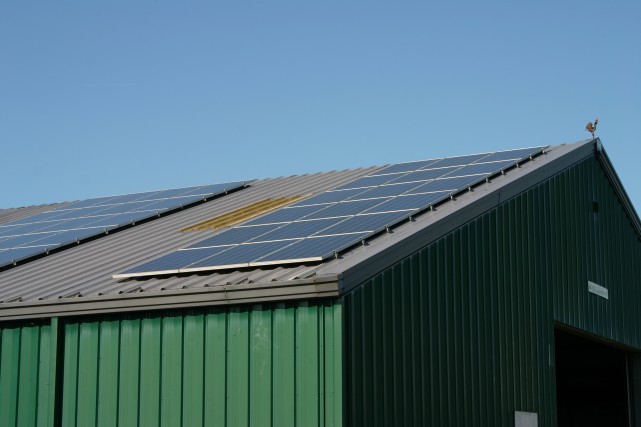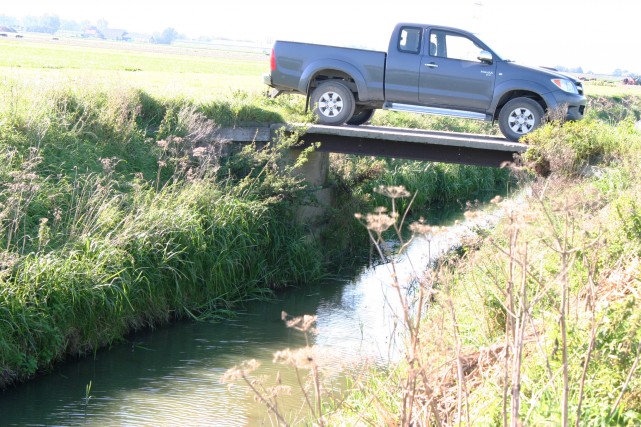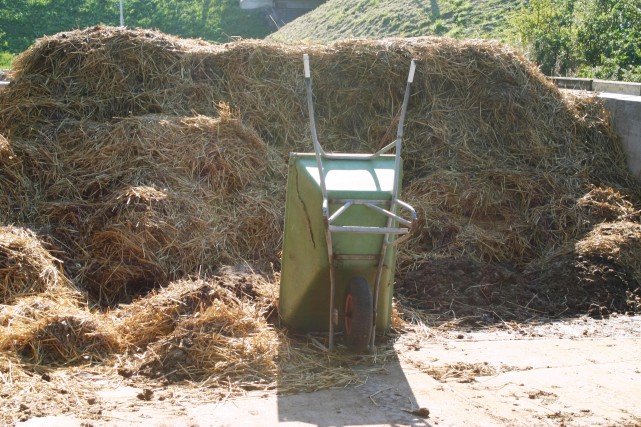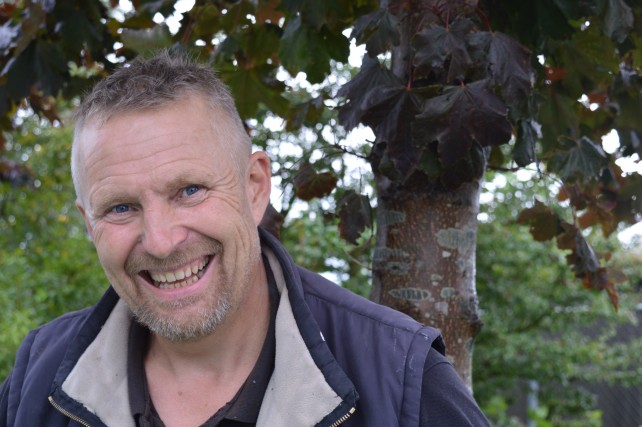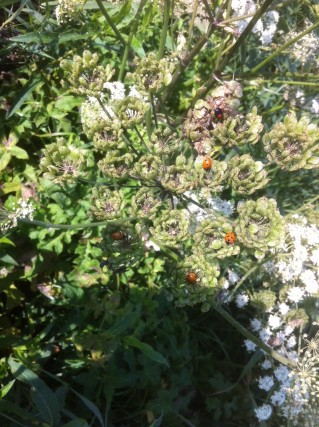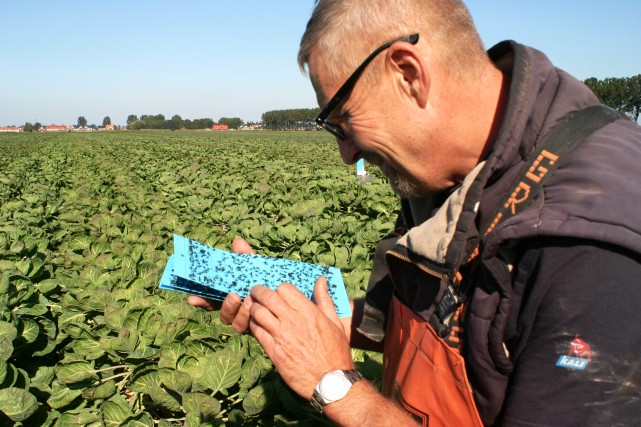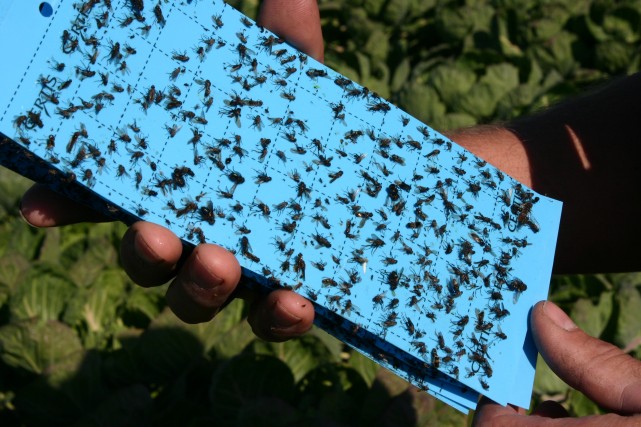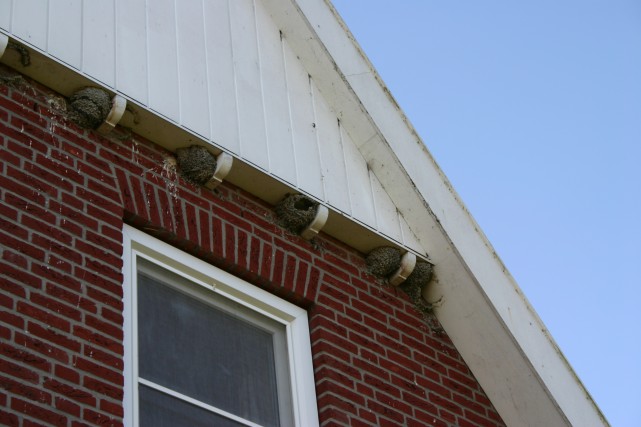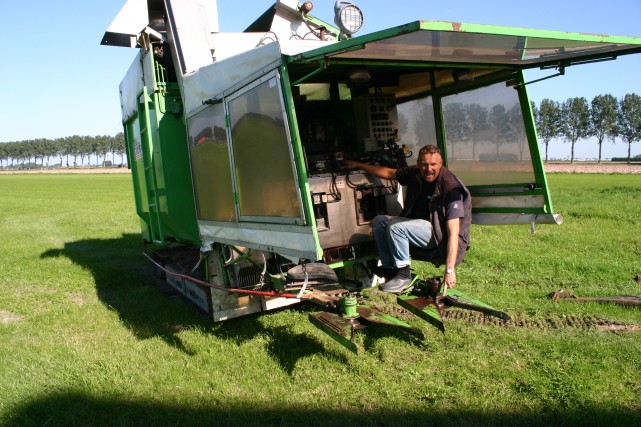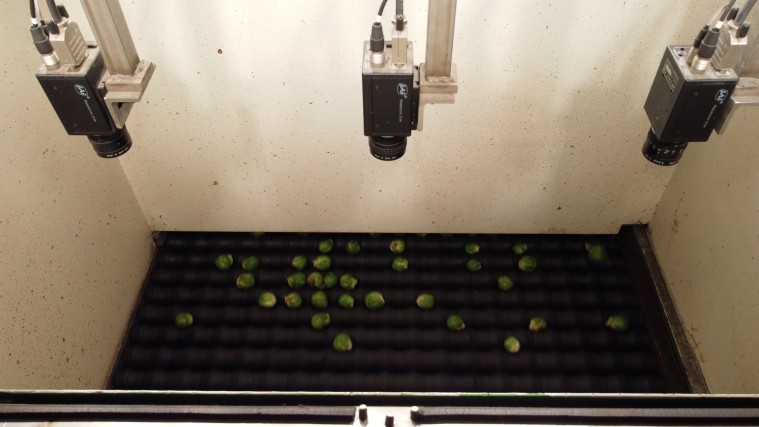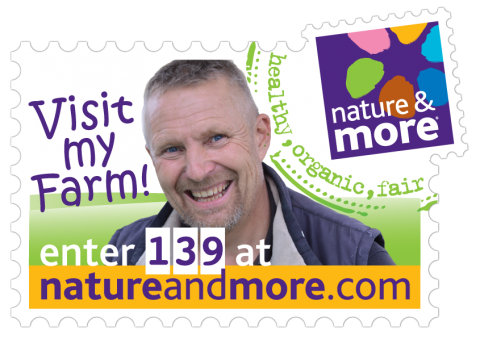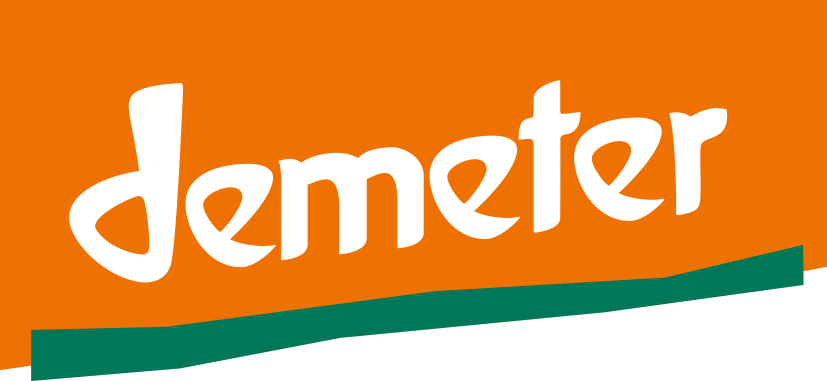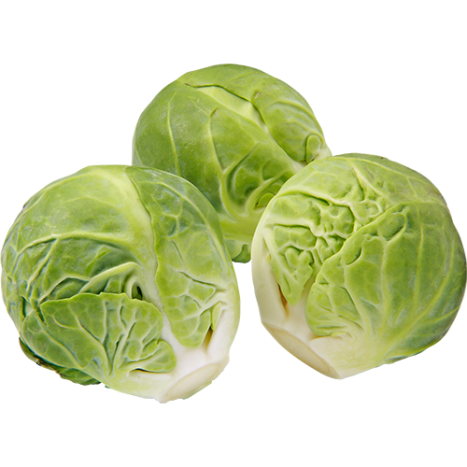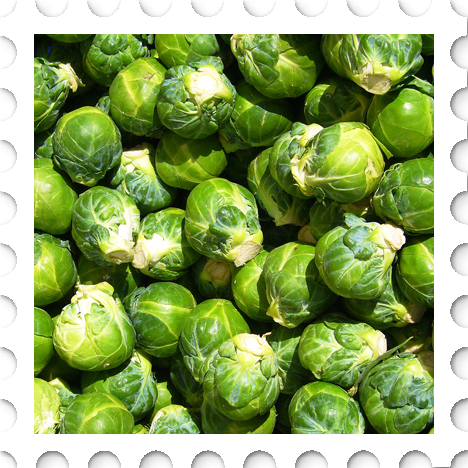I have been growing sprouts since 1978 when I was 18 years old. As a farmer’s son this was an ideal way for me to make some money during my studies. After 35 years of working conventionally, I was unhappy with how things were going and wanted to stop completely. During a period of reflection however, I started thinking about farming organically. Organic farming is much more difficult and it was exactly this new challenge that I found so attractive.
So now for the first time, I am currently growing my sprouts on a piece of land that is owned by a friend of mine who is also an organic dairy farmer.
The biggest difference for me between organic and non organic agriculture is how you deal with insects and pests. As a conventional farmer it is very normal to spray ten times a year, each time with three different chemicals. In organic agriculture you have to work with nature and are dependent on “insect friends” like the parasite wasps and other natural predators. I often go into the field to check out how the population of the hoverfly is developing. This is important because this species of fly eats the cabbage lice. To be honest I had never noticed these insects in the years that I was growing conventionally and in that sense a whole new world has opened up for me ! I am considering to now grow other crops organically as well.



